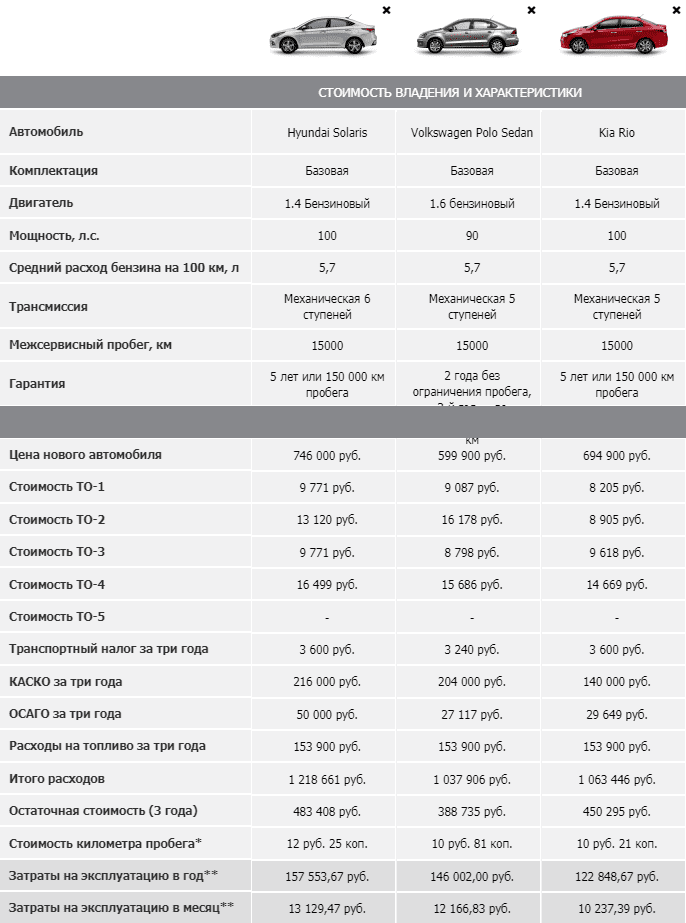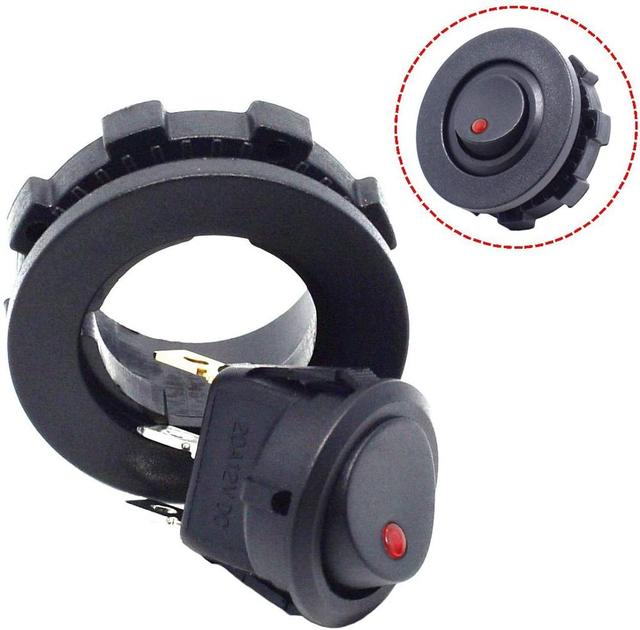
Top 10 factors to consider when buying a luxury car
The idea of owning a luxury car is attractive. Glossy paint, rounded lines and prestigious badges speak of the owner's success in life, while the luxury of the cabin offers scented leather surfaces, high-tech telematics and all the comfort accessories you can squeeze a credit card on.
But how big is the investment in a luxury car? And how much will the cost of ownership further devalue the experience? Good questions, and ones that aspiring luxury car owners should consider before making this big decision.
The fact is that most wealthy car buyers rarely own a new vehicle long enough to fully experience the long-term costs associated with acquiring complex, high-tech vehicles. Most cars these days go 50,000 miles or more without any major technical issues, and many early buyers get rid of them around this point.
The cars then move into the used car market where they become a bit harder to track.
Here are ten things to think about before making an important buying decision.
1. Even if you are planning to buy a new car, check the car's residual value rating. Many luxury cars are leased and the residual value at the end of the lease is reported to the dealer and anyone who wants to know how much the car is supposed to be worth at the time.
It is a key indicator of a vehicle's quality and value retention characteristics of a particular model. Expectations for the durability and reliability of a car are built into this calculation, as they are key factors when reselling used luxury cars. There are many places to find the residual value of a car; The Kelley Blue Book is a wonderful resource.
2. Check the warranty. Some manufacturers have extended coverage of a car's powertrain, rust protection, and other aspects of a car for quite significant periods of time and mileage. This may be due to perceived inadequacy in terms of quality and durability, or due to actual problems the manufacturer has experienced in the past.
The good news is that you are insured anyway. And another good news is that the cost of extended repair and maintenance insurance is borne by the manufacturer, forcing him to tighten quality checks at suppliers and at his own assembly plants in a short time. So they get better over time.
3. Find out if the manufacturer will offer a free maintenance package with the sale of the car. Often manufacturers of cars with low reliability ratings and low operating costs try to convince buyers to put these doubts out of their heads.
4. Check ads for used luxury cars. See how they oppose each other. The used car market is as tricky as they are. These used car parks are staffed by people who know which cars hold their value best. And used car buyers are pretty smart people too. They know which car with 80,000 miles has 80 more miles and they don't have to spend money teaching kids along the way.
5. Visit some showrooms and see what kind of reception you get. The level of training of sales staff is often an indicator of how seriously the dealer and manufacturer take customer loyalty. While you're there, pop into the workshop and see how it works.
6. Explore the reasons why you want a luxury car, and make sure they match how you want to be seen. Are you just showing off how well you did, or are you showing how much you appreciate fine craftsmanship and engineering? Are you an enthusiastic high-performance driver or are you looking for a quiet, safe and comfortable ride? You can regret boring driving, too loud exhaust system or lack of luggage space for a long time while waiting for the rental period to end.
7. Are you interested in fuel economy? There are luxury cars that use hybrid, diesel and other technologies to maximize fuel use without compromising on luxury. Choose one and you can dismiss any criticism that you are a notable consumer of fossil fuels.
8. Will you be accompanied by passengers for some time? Sure, you love that Lamborghini, but you also have to meet important customers at the airport. You can balance these needs by carefully selecting a roomy vehicle that also boasts seductive driving dynamics.
9. Do you plan to use this car every day? If so, then there are models that fit the bill, whether you're on a daily commute or enjoying a long drive or a thrilling hike in the mountains.
10. How much will you pay? There are big discrepancies between cars with a similar mission. The Hyundai Equus costs ten thousand less than the Lexus LS460, but they offer very similar features. Depending on where you're going to pick up your car from, you'll also want to consider shipping costs. This is where the research you do on value, quality, durability and image comes into play. But for the final decision, you need to drive what interests you. Often these are subtle aspects of the car's character that are associated with the owner. Good luck.
